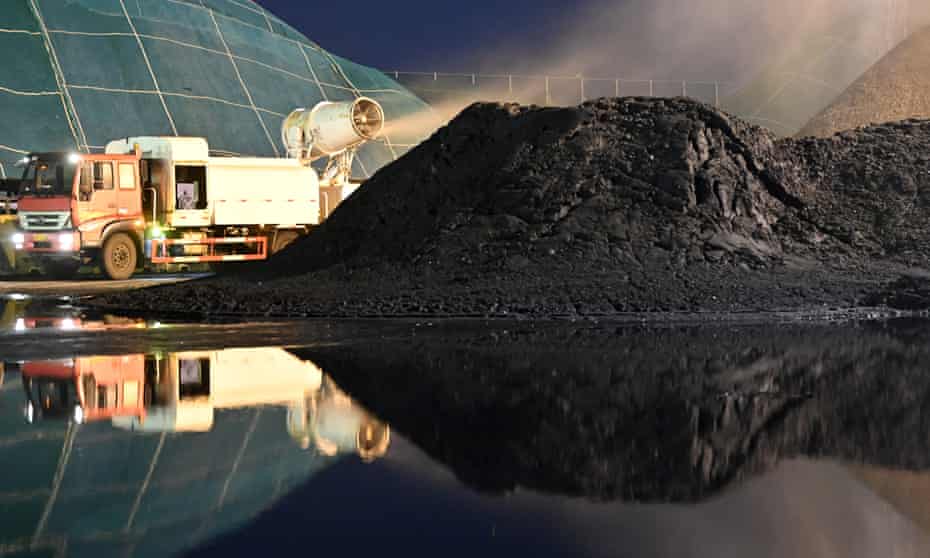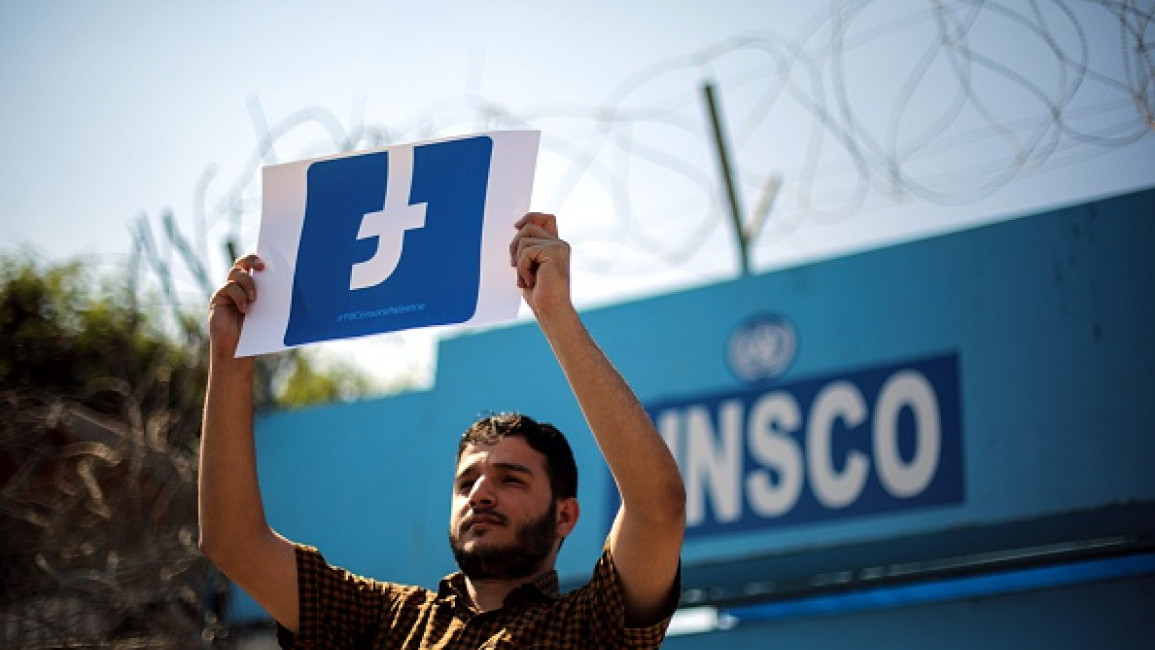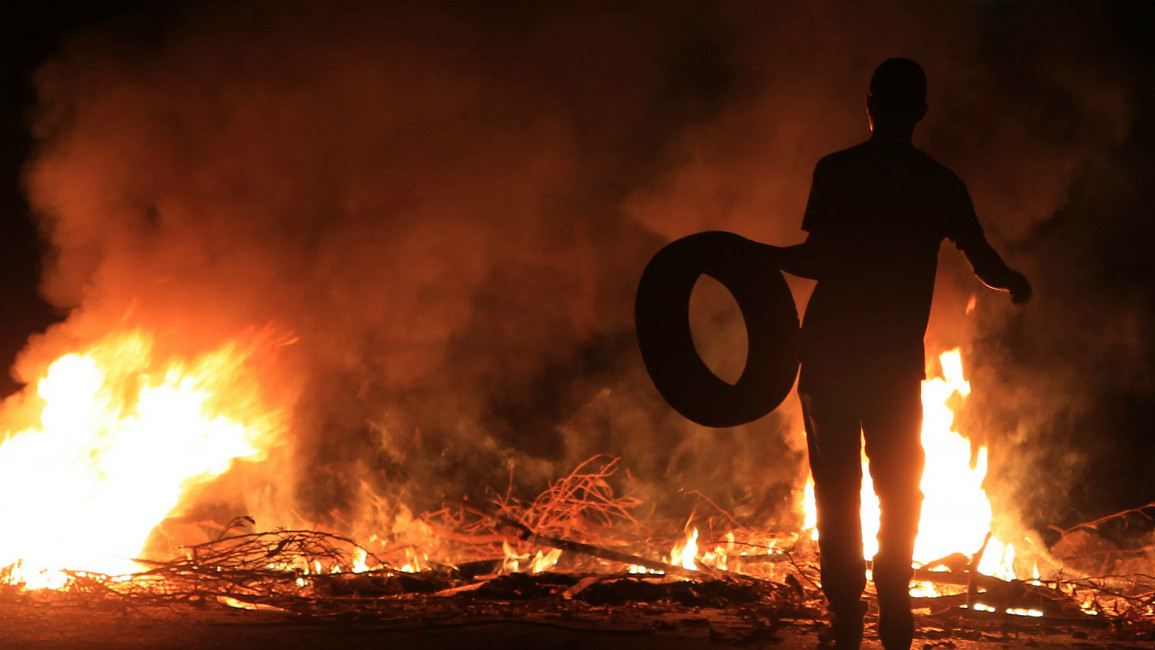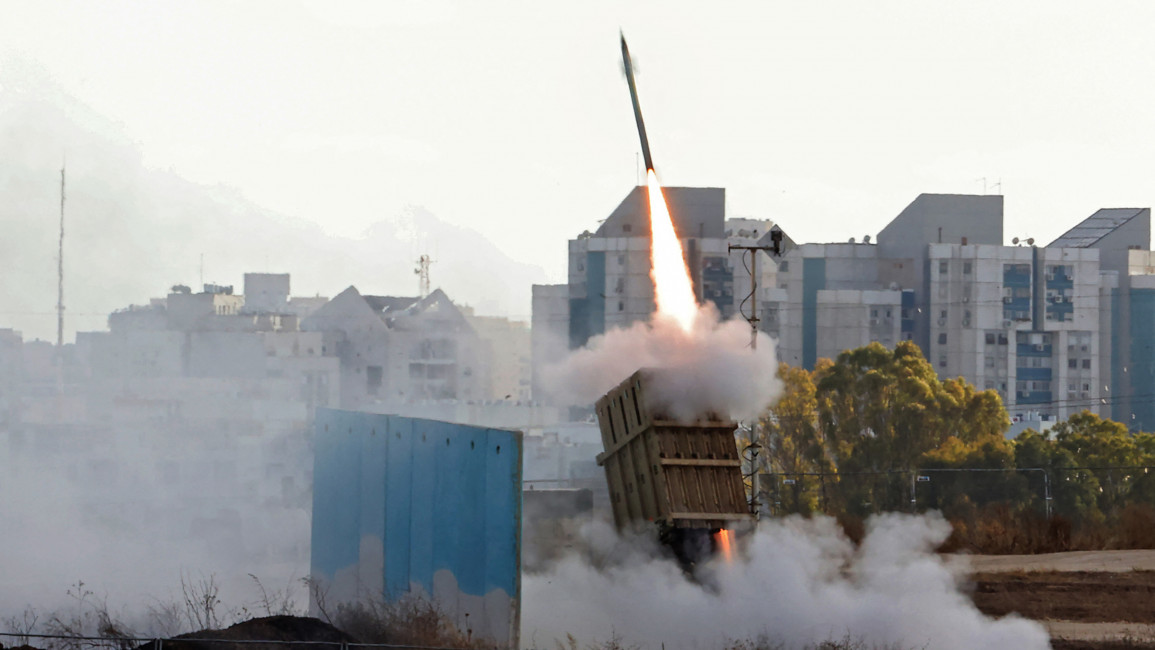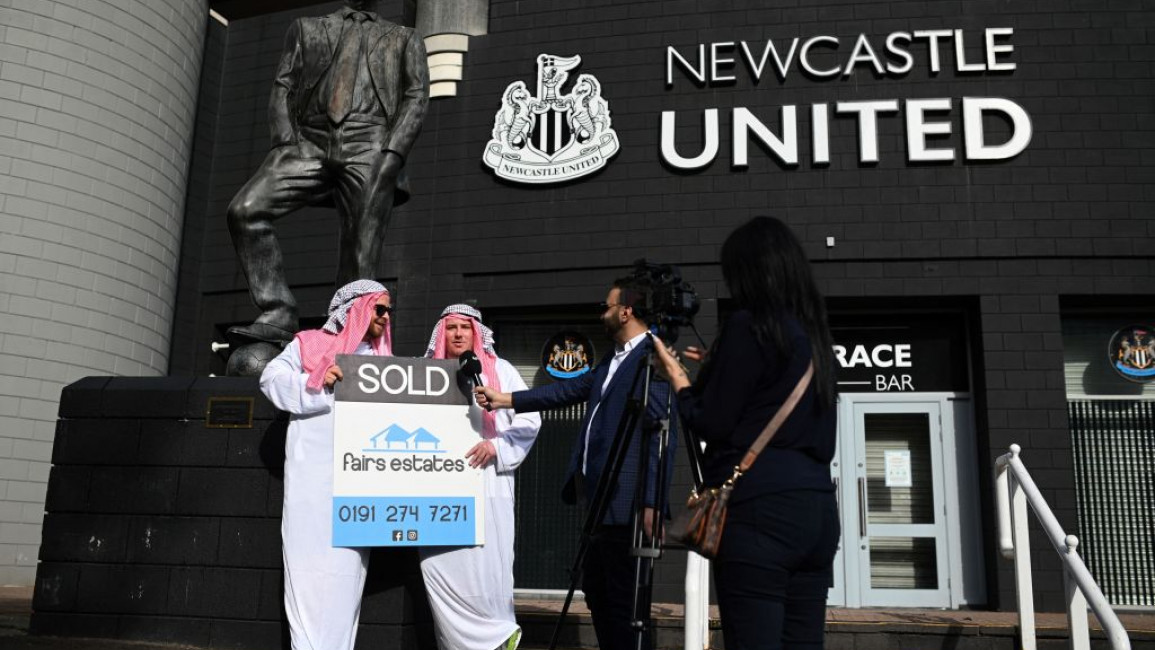"A picture is worth a thousand words."
By Kate Nicholson
NEWS
12/10/2021
Journalist Clarissa Ward shared a photograph of her time in Afghanistan on Twitter which neatly sums up her relationship with the Taliban.
Ward, chief international correspondent for the US broadcaster CNN, has been providing eye-opening coverage of the Taliban’s takeover of Afghanistan for months.
On Tuesday she tweeted an image of a senior figure in the Taliban government Mawlavi Abdullah Mohammad.
Her caption read: “A picture is worth a thousand words.
“You don’t have to zoom in to see how the Taliban’s head of the ministry for the propagation of virtue and prevention of vice in Ghazni feels about sitting down with me.”
Writing for CNN, Ward and fellow journalist Brent Swails explained: “The Taliban have turned Ghazni’s pink-walled Ministry of Women building into the new headquarters of the Ministry of the Propagation of Virtue and Prevention of Vice.”
The Ministry of Women was established in 2001 after the Taliban were pushed out of power and soon had 90% female staff – it protected the country’s women and girls and ran safe houses for women.
Most women lost their jobs under the new Taliban regime, too.
There are no women in the new Taliban government and girls are forbidden from going to secondary school.
CNN also explained how Ward came to be interacting with Mohammad, even though Taliban fighters have beaten Afghan journalists in recent weeks.
The Taliban have been keener to interact with the international press because Afghanistan depends on foreign aid to stay afloat.
Mohammad was speaking to Ward and unpacking the purpose of the Taliban’s new “religious police” who implore the public to follow Sharia Law.
One of these new commanders was overheard telling an Afghan crowd: “Treat your women according to Islamic law and make sure they cover themselves.”
CNN noted that when its camera crew was around, the religious police were ”on a charm offensive, more intent on shaking hands and introducing themselves” to the locals – but away from the media, beatings and punishments are still commonplace.
12/10/2021
Journalist Clarissa Ward shared a photograph of her time in Afghanistan on Twitter which neatly sums up her relationship with the Taliban.
Ward, chief international correspondent for the US broadcaster CNN, has been providing eye-opening coverage of the Taliban’s takeover of Afghanistan for months.
On Tuesday she tweeted an image of a senior figure in the Taliban government Mawlavi Abdullah Mohammad.
Her caption read: “A picture is worth a thousand words.
“You don’t have to zoom in to see how the Taliban’s head of the ministry for the propagation of virtue and prevention of vice in Ghazni feels about sitting down with me.”
Writing for CNN, Ward and fellow journalist Brent Swails explained: “The Taliban have turned Ghazni’s pink-walled Ministry of Women building into the new headquarters of the Ministry of the Propagation of Virtue and Prevention of Vice.”
The Ministry of Women was established in 2001 after the Taliban were pushed out of power and soon had 90% female staff – it protected the country’s women and girls and ran safe houses for women.
Most women lost their jobs under the new Taliban regime, too.
There are no women in the new Taliban government and girls are forbidden from going to secondary school.
CNN also explained how Ward came to be interacting with Mohammad, even though Taliban fighters have beaten Afghan journalists in recent weeks.
The Taliban have been keener to interact with the international press because Afghanistan depends on foreign aid to stay afloat.
Mohammad was speaking to Ward and unpacking the purpose of the Taliban’s new “religious police” who implore the public to follow Sharia Law.
One of these new commanders was overheard telling an Afghan crowd: “Treat your women according to Islamic law and make sure they cover themselves.”
CNN noted that when its camera crew was around, the religious police were ”on a charm offensive, more intent on shaking hands and introducing themselves” to the locals – but away from the media, beatings and punishments are still commonplace.



